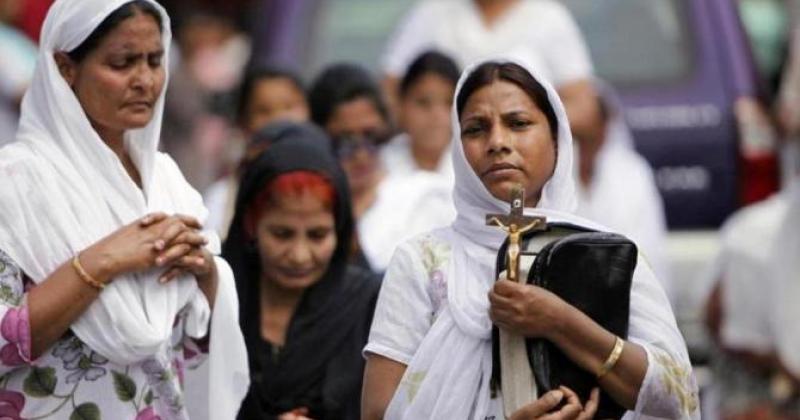One civil court’s ruling has created an important precedent in a country where there is a dual justice system in force – civil and religious, often creating a short circuit for a person’s legitimate choice of faith.
It is a historic ruling that sets a precedent in a country where religious conversion, particularly from Islam to Christianity, have tended to spark fiery controversies. A Malaysian court has ruled that a Muslim can convert to Christianity, confirming Rooney Rebit’s right to abandon Islam for Christianity. The verdict confirms the right to freedom of religion, guaranteed by article 11 of the Malaysian Constitution. Christian Churches are ecstatic at the news that a basic principle such as this has been recognised.
In court, Rooney Rebit claimed that his faith in Jesus was a fundamental human right and the Kuching High Court in the State of Sarawak agreed with this approach. The judge acknowledged that the man “is free to exercise his right to freedom of religion”.
Rebit was born to a Christian family in 1975 but his parents converted to Islam when he was eight years old. His Muslim name was Azmi Mohamad Azam Shah. In 1999, Rebit embraced Christianity again and was baptised.
The judge decided that since Rebit was a minor when he became a Muslim, he could not be considered a Muslim who freely and responsibly professed the Muslim faith. But when he became a Christian he was 24, old enough in other words to make a free and conscious decision.
The event has a symbolic value that is worthy of note. Cases of conversion in Malaysia have always been marked by debates and controversy as well as institutional conflicts between civil and religious courts, reserved for Muslim citizens, where Sharia law is applied.
Malaysia is indeed home to two parallel judicial systems: those who present an appeal to a civil court on an issue such as this, are often referred to the Islamic court, which can never permit a Muslim to convert, because of what he law says about apostasy. Apostates are punished with fines or even imprisonment.
It is not easy getting out of the system’s institutional and judicial short-circuit. One shocking case was that involving Linda Joy, a woman who converted from Islam to Christianity in 1998, at the age of 26. Her request for full legal recognition of her conversion was rejected in 2997, when the High Court washed its hands of the case, claiming it had no jurisdiction over religious matters.
Rebit’s case was different: the man focused his appeal on his right to be recognised as a “Christian”, invalidating the change of name he underwent at a young age and asked the Court to order the national registration department to change the name and religion on his ID card and personal documents.
The court recognised his “constitutional right to exercise freedom of religion”, without “permission” from a court of Islamic authority.
The ruling reads: “His conversion to the Muslim faith was not of his own volition but by virtue of his parents’ conversion when he was a minor. He is not challenging the validity of his conversion as a minor. But having become a major, he is free to exercise his right of freedom to religion and he chose Christianity. The National Registration Department had not acted fairly towards the applicant by insisting on a letter of release and order from the Sharia Court.”
This passage, observers note, will remain important for the condition of religious minorities. The Association of Churches in Sarawak welcomed the decision, asking the federal government to “give effect to the guarantee of religious freedom as provided in the Malaysia Agreement [which formed the basis of Sarawak and Sabah state’s union with Malaysia] and uphold the constitutional rights and fundamental liberties accorded by the Federal Constitution to all citizens of Malaysia”.
Ethnic and religious minorities in the country make up 64% of the population. These minorities include Indians, Chinese and other local ethnic groups and are subdivided into Hindus, Buddhists and Christians (9,2%) as well as indigenous religious groups.
In such a situation, dialogue between minorities and the dominant Malay group - made up mostly of Muslims - is vital and is part of daily practice.
The Constitution and the laws of the Federation’s individual states recognise a privileged status, pointing to the Malay indigenous group (Bumiputra) as an indigenous population it has a well-defined culture and religion. The Indians and Chinese, on the other hand, arrived on the Malay peninsula later, as part of the migration flows from India and China, thanks to Britain’s colonial policy. The journey towards full equality and equal rights has only just begun.
